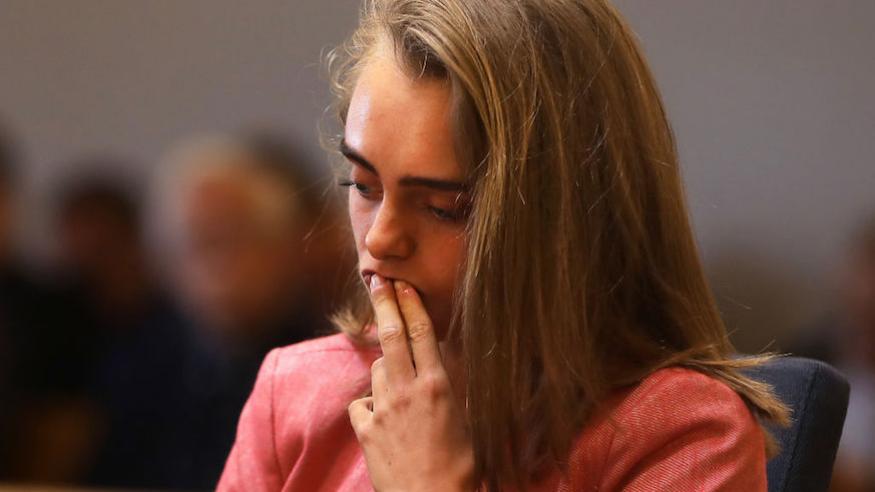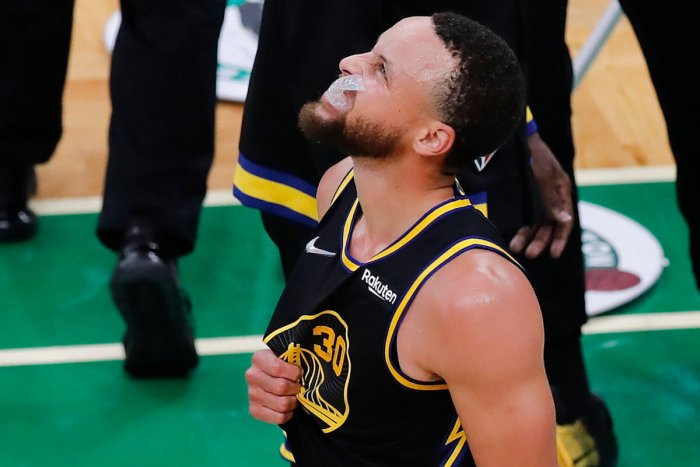The Massachusetts Supreme Judicial Court denied an emergency motion filed on the behalf of Michelle Carter, who will start serving a 15 month jail sentence on Monday for encouraging her troubled boyfriend via text messages to commit suicide.
The case, the first in the state to consider manslaughter charges ties to texting, raised concerns among civil liberties advocates who said Carter was being prosecuted for her speech.
But Justice Scott Kafker said the evidence supported a find that Carter, then 17, “badgered” Roy by phone to get back into a carbon-monoxide filled truck he has stepped out of, after “constantly pressuring” him in text messages to commit suicide.
“The evidence against the defendant proved that, by her wanton or reckless conduct, she caused the victim’s death by suicide,” Kafker wrote for the unanimous seven-member court.
Eighteen-year-old Conrad Roy III, of Fairhaven, took his own life by inhaling carbon monoxide from a gas-powered water pump which filled the cabin of his pickup truck following a slew of frantic text messages with Carter in July 2014.
Records show that Carter encouraged Roy to “f—— get back in” the truck as it filled with toxic gas. “You kept pushing it off an you say you’ll do it, but you never do,” Carter wrote. “It’s always gonna be that way if you don’t take action. You’re just making it harder on yourself by pushing it off. You just have to do it. Do you want to do it now?”
Carter was convicted in 2017 but her sentencing was postopned until the state court ruled on her appeal. Daniel Marx, Carter’s lawyer, in a statement called the decision disappointing and said he was considering an appeal to the U.S. Supreme Court.
While texts indicate that she tried to advocate for Conrad to seek help at one point, she was ultimately complicit in his death. Both Roy and Carter struggled with depression, and Conrad had attempted suicide at least once prior.
Roy and Carter met on a family vacation in Florida in 2012, and maintained a relationship mostly through text messages.
Carter’s lawyers argued that she could not be convicted because of her words, and that she was not present at the time of his death. They said that she did not know where he was, and that calling for help would not have saved him.
The Juvenile Court judge ruled that Carter knew that Roy was in distress and was a danger to himself, and that she was obligated to call the police or to contact his family. Instead, court documents show that she was on the phone with Roy as he choked to death in the parking lot of a Kmart in Fairhaven.























